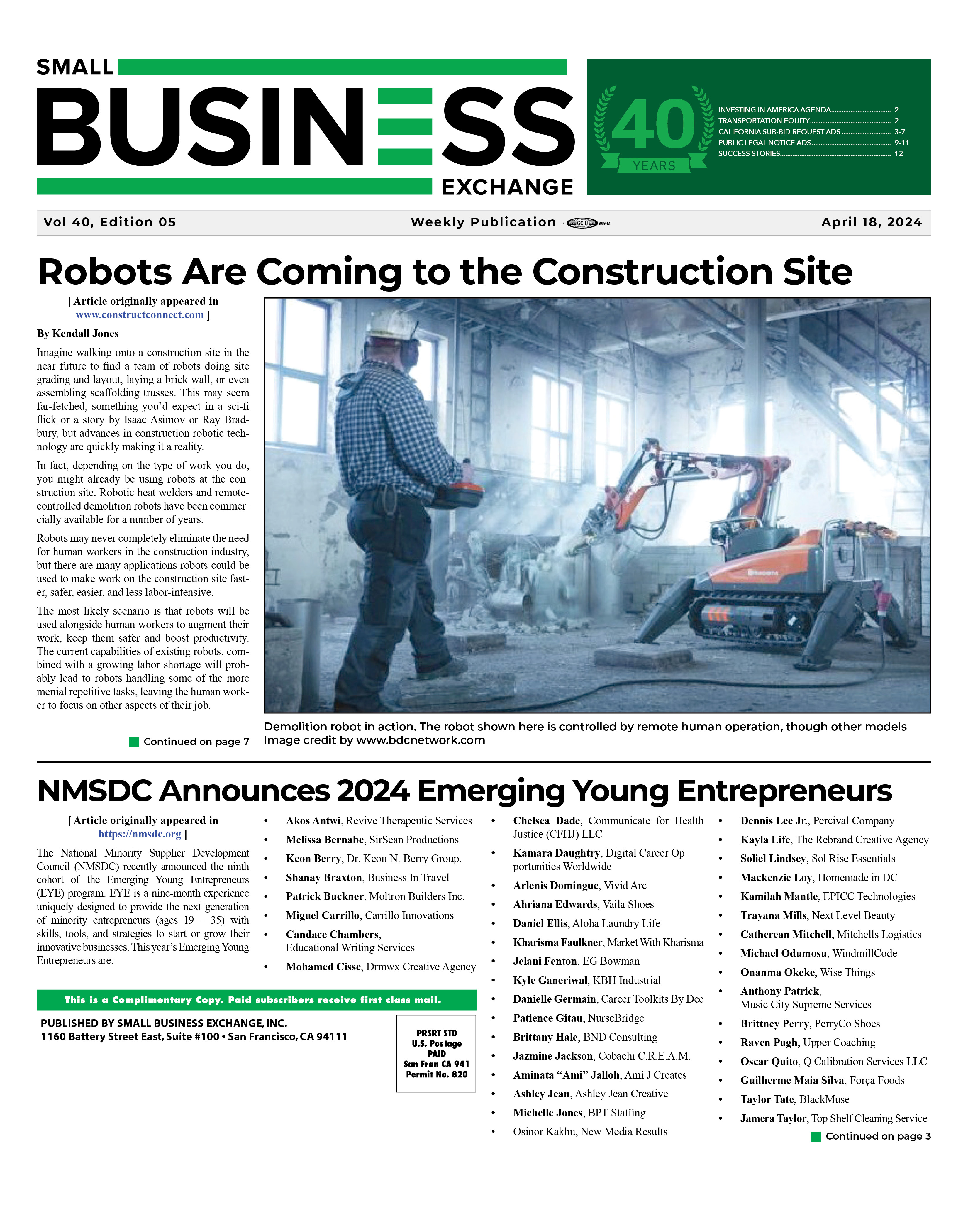|
|
Twenty Tips to Stay on Top of it All
03/27/2019
-
Commit yourself to making decisions now about what to do with each piece of paper that crosses your desk. Ask yourself, "Do I really need it?" If so, file the document at once in the broadest category to which it refers. This prevents pending stacks which easily become uncontrollable.
-
Use only one calendar. Having two or three means you may forget to transfer information from one to another with potentially disastrous results.
-
Handle paper only once. When that is not possible, each time you touch the item, move it one step closer to completion. Moving it from one pile to another does not count. Make each interaction useful by placing a call, writing a memo or looking up a piece of information.
-
Set priorities daily. This will prevent your being sidetracked by momentarily attractive diversions. Include time to work on those important “back burner” projects that rarely get handled until they turn into a crisis.
-
Make lists regularly. Daily lists, as well as larger project lists help you get and stay organized. Keeping track of work also provides a sense of accomplishment. This is most helpful in situations where there is always something left undone at the end of the day.
-
Group low payoff activities together. Return calls, handle e-mail and do correspondence at set times during the workday. This makes for less disruption and distraction throughout the day.
-
Fight perfectionism. Consider whether you will be shortchanging other more important projects because of the time you will be spending on this one. It is probably not worth the extra effort and time to polish the item yet again.
-
Spend 15 minutes twice a day clearing out your in-box. When processing the mail make a decision, put it away and track the item for later retrieval when you are ready to work on it. Do not let it turn into a holding, aging or procrastinating tray.
-
Be realistic about the amount of information you can read and absorb. Limit the number of subscriptions you take, and clip articles as soon as you read them. Throw the rest of the periodical away or recycle it.
-
Sort incoming mail into categories by priority or by action. Divide large projects into smaller units. It is easier to find a half hour here and there throughout the day than it is to find five hours of uninterrupted time.
-
Break the habit of writing things down on numerous scraps of paper. Write notes in the appropriate place the first time.
-
Say "No" more often. It is easy to get off track by saying "Yes" to every passing request on your time. The best way to save time is not by speeding up and trying to cram more into a busy schedule. Rather, it is doing fewer things. The secret is to leave the lower priority items.
-
Do not buy anything unless you have a place to put it. Usefulness or enjoyment are good guidelines for acquisition.
-
Clear the top of your desk at the end of each day. It completes the day's work, makes a clean space for you to see the next morning and stops paper buildup.
-
Keep extra file folders close at hand. Create a new file as soon as you receive documents related to a new project.
-
Remain on mailing and routing lists for reports and periodicals that you actually read. Unsubscribe to the others. An ever growing 'things to read' stack only serves to make you feel guilty.
-
Keep only one job in front of you at a time. Do you really think that you can do three or four things well simultaneously?
-
Honor your personal priorities and commitments when scheduling your time, just as you do those of others. Ask why it is so much easier to break a promise to yourself than it is to do so to others.
-
Use waiting and traveling time constructively. This is a good opportunity to catch up on your reading.
-
Start your day calmly. There is probably enough rushing and stress facing you at work. An orderly beginning can make the inevitable daily tribulations easier to handle.
Odette Pollar is a nationally known speaker, author, and consultant. President of the management consulting firm, Smart Ways to Work based in Oakland, CA, her most recent book is Surviving Information Overload. Email to share your comments, questions and suggestions: odette@SmartWaysToWork.com. Visit us at: www.smartwaystowork.com call: 1-800-599-8463.
Back To News
|

SBE Northeast
Louisiana Business Journal Archive Archive
|